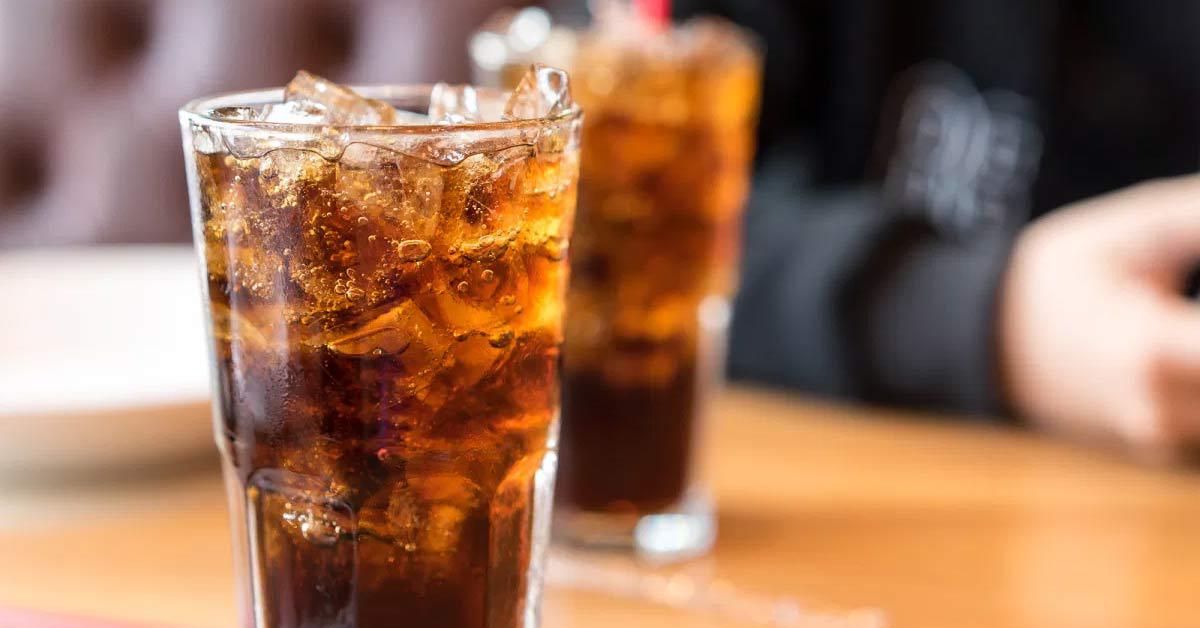If you’ve had kidney stones, you know how painful they can be. They’re also really common: it’s estimated that one out of 11 people in the United States have had a kidney stone. Kidney stones are hard masses that build up in the kidneys. Kidney stones can range in size from a grain of sand to that of a golf ball. You’re more likely to get kidney stones if you:
- Are a man
- Are Caucasian
- Are between 20- and 60-years-old
- Have a family or personal history of stones
- Have a poor diet (high in salt, calcium, protein, oxalate or with low fluid intake),
- Have metabolic syndrome, inflammatory bowel disease (such as Crohn’s), or frequent UTIs.
Kidney Stone Symptoms
A stone in the kidney is generally asymptomatic. Symptoms tend to occur when the stone passes into the ureter, which causes an obstruction to the kidney. Sometimes kidney stones don’t have symptoms even when they are traveling in the ureter. Symptoms of kidney stones include:
- Pain in flank or abdomen
- Blood in the urine (hematuria)
- Nausea and vomiting
- Increase in urinary frequency and urgency
- Fever
A fever can indicate an infection. This may be an emergency. If you experience fever, make an appointment with your urologist.
Soda and Your Urological Health
Drinking soda affects your urinary system. Its main function is to remove toxins from the body. Hydration from water is critical for this process. Soda drinkers generally don’t drink enough water, and soda is not effective in keeping people hydrated.
In addition, a study conducted by the National Institutes of Health found that those who drank a soda every day had a 23 percent increase in the chance of forming kidney stones.
The link between drinking soda and developing kidney stones isn’t exactly clear. Researchers do know that phosphorus acidifies urine. Phosphoric acid is a common ingredient in sodas, especially colas. One study cited by the American College of Physicians followed kidney stone patients. It found that those who agreed to stop drinking soda (specifically those that contain phosphoric acid) decreased their chance of developing further kidney stones by 15 percent.
These two studies emphasize the connection between soda, dehydration, and kidney stones.
How to Prevent Kidney Stones
The most common cause of kidney stones is dehydration. The best way to prevent them is to stay hydrated. The Mayo Clinic recommends adults drink between two and four liters of fluids daily, even for those who aren’t prone to kidney stones. If you exercise, live someplace hot and humid, or are pregnant or breastfeeding, you should drink more fluids.
What you drink is important to staying hydrated, too. Drink water, green tea, lemonade, or limeade. Lemonade is a great choice because fresh lemons have citrate, a kidney stone inhibitor. Drink mixes that have citric acid as a primary ingredient are good choices, too.
Experiencing symptoms of kidney stones? Make an appointment to see your urologist or read more about kidney stones.

